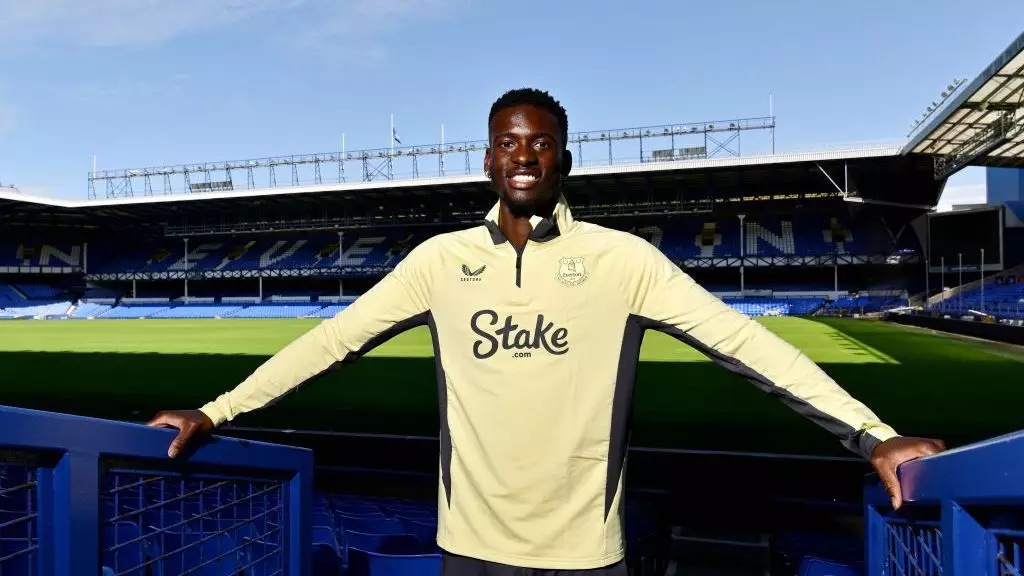In the ever-evolving landscape of modern football, the art of swap deals has become a crucial strategy for clubs looking to navigate stringent financial regulations. With the tightening of rules like the Premier League’s Profit and Sustainability Rules (PSR), teams are increasingly turning to creative accounting practices to stay within the limits set by governing bodies. While these swap deals may raise eyebrows among observers, they are not examples of cheating but rather a strategic maneuver within the boundaries of the law.
Swap deals in football involve transferring players between clubs in exchange for a fee, with the goal of balancing the books and adhering to financial regulations. Unlike traditional transfers, where the transfer fee is spread out over the length of the player’s contract, swap deals allow clubs to book a profit immediately. This practice has become a common strategy for clubs to raise funds quickly and stay compliant with financial regulations.
One illustrative example of a swap deal is the Miralem Pjanic for Arthur transfer between Juventus and Barcelona. In this case, Barcelona acquired Arthur for €30 million in 2018 and spread the cost over a six-year contract. Meanwhile, Juventus signed Pjanic for €35 million in 2016 and extended his contract, resulting in a lower book value at the time of the swap. This exchange allowed both clubs to book profits based on the difference between the transfer fees and the players’ residual amortized values.
While swap deals may be legally permissible, they have garnered criticism from some quarters for being exploitative and misleading. Critics argue that the practice of trading players for profit undermines the spirit of fair play and financial sustainability in football. Additionally, concerns have been raised about the long-term consequences of such deals, as clubs may find themselves burdened with the financial commitments of incoming players.
The Regulatory Landscape
Regulators have taken notice of the prevalence of swap deals in modern football and have implemented measures to address potential abuses. Both UEFA and the Premier League have introduced rules to monitor and evaluate transfer deals, aiming to ensure transparency and fairness in the transfer market. However, the subjective nature of transfer fees and the complexity of accounting practices make it challenging to police such transactions effectively.
As financial regulations in football continue to evolve, the use of swap deals is likely to remain a prominent feature in the transfer market. While some may view these deals with skepticism, they serve as a necessary tool for clubs to manage their finances and comply with regulatory requirements. Ultimately, the success of swap deals hinges on the ethical conduct of clubs and the enforcement of rules to maintain the integrity of the sport.
Swap deals represent a pragmatic approach to financial management in modern football, allowing clubs to navigate complex regulations and secure the long-term sustainability of the sport. While controversies may persist, the responsible use of swap deals can contribute to a more transparent and equitable transfer market for all stakeholders involved.
